- Platelet transfusion is not recommended in the setting of spontaneous ICH for patients who are taking antiplatelet medications.
- Moderate blood pressure control may be better than aggressive blood pressure control in the acute treatment of intracerebral hemorrhage.
- It is important to provide the appropriate reversal agents to patients with novel oral anticoagulant related ICH. These include idarucizumab for reversal of dabigatran, and andexanet alfa for reversal of factor Xa inhibitors such as rivaroxaban, apixaban, and edoxaban.
Latest Updates
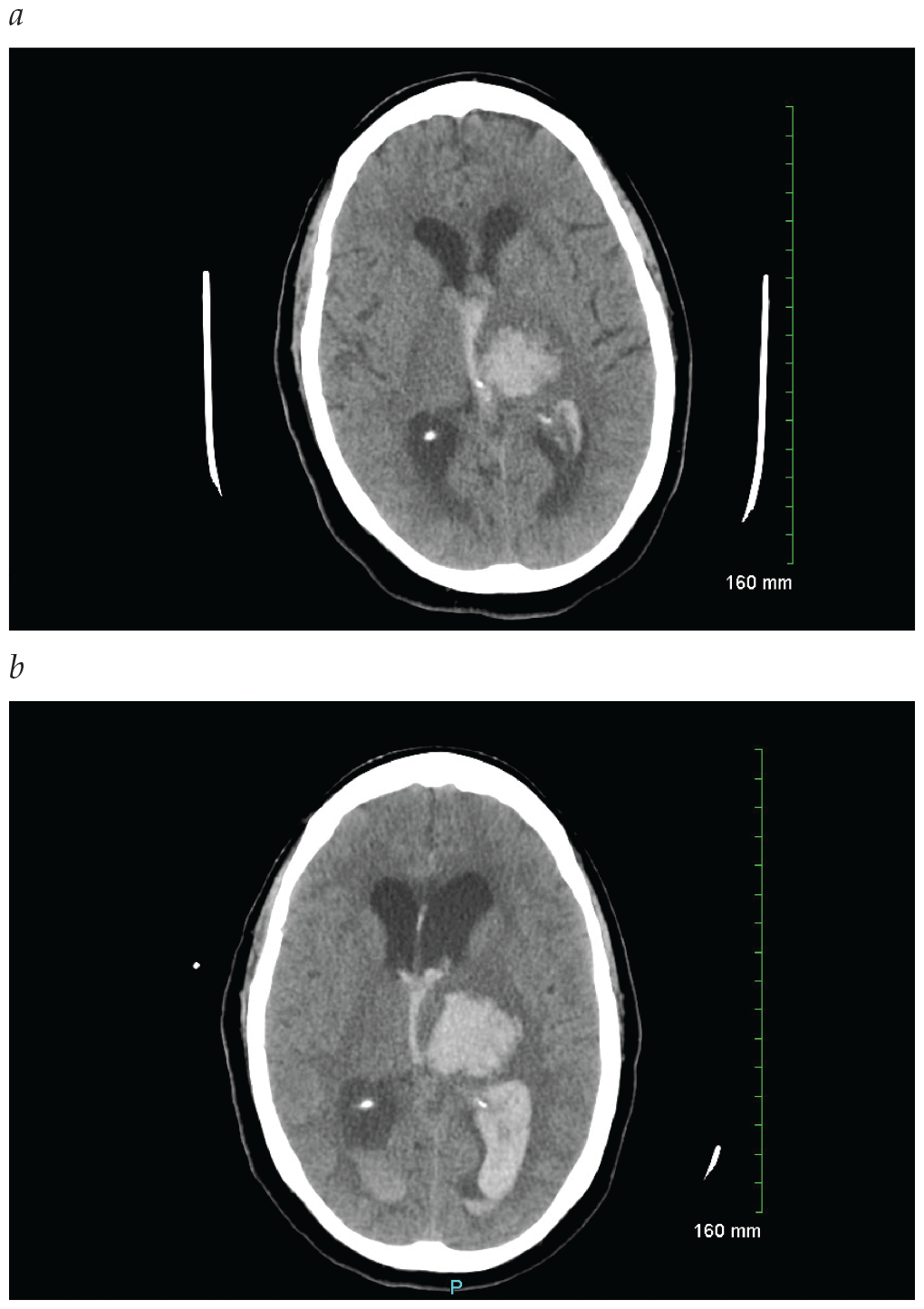
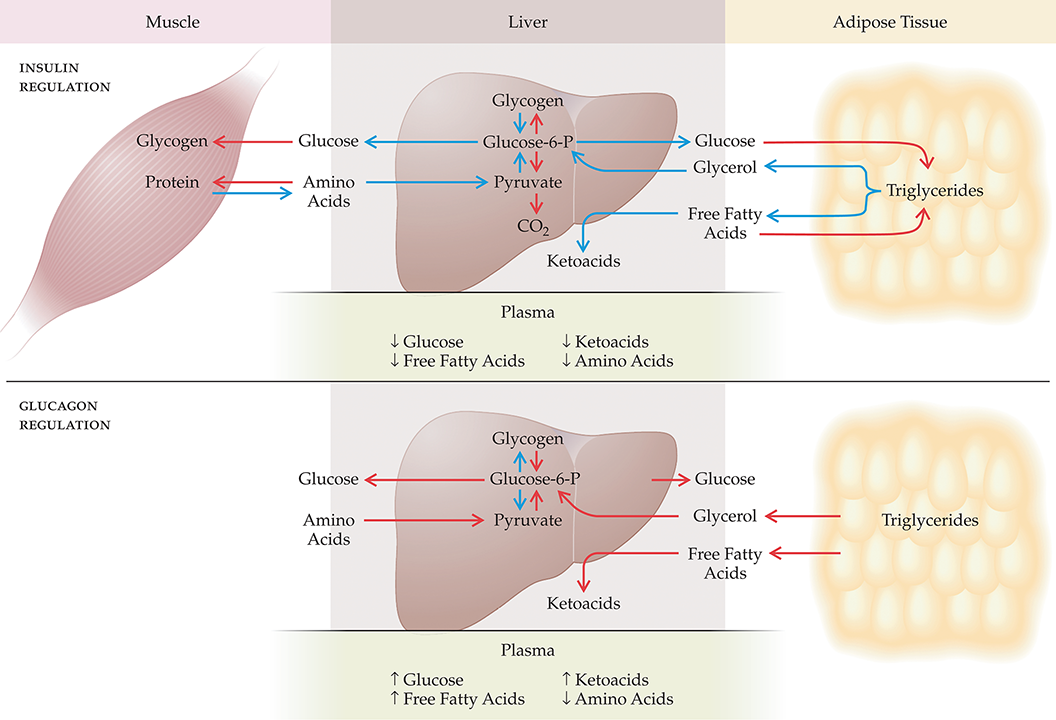
- The management guidelines for adult diabetic ketoacidosis is different from that of child diabetic ketoacidosis. This is due to the higher risk of cerebral edema.

- The management guidelines for adult diabetic ketoacidosis is different from that of child diabetic ketoacidosis. This is due to the higher risk of cerebral edema.

- The management guidelines for adult diabetic ketoacidosis is different from that of child diabetic ketoacidosis. This is due to the higher risk of cerebral edema.
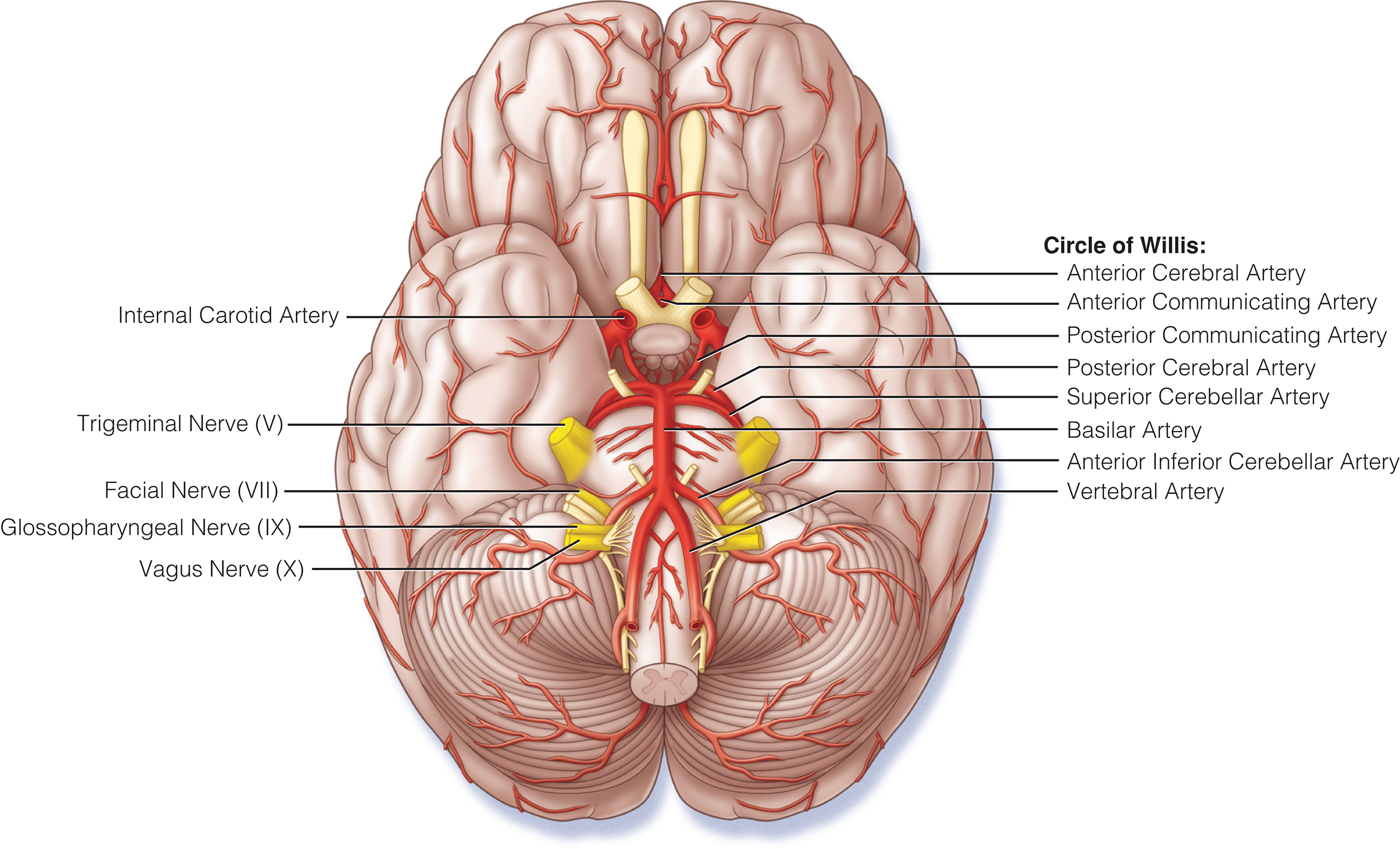
- Targeting calcitonin gene related peptide can improve migraine pain
- Greater occipital nerve blocks may alleviate migraine acutely
- Clinical decision rules can be used to exclude subarachnoid hemorrhage
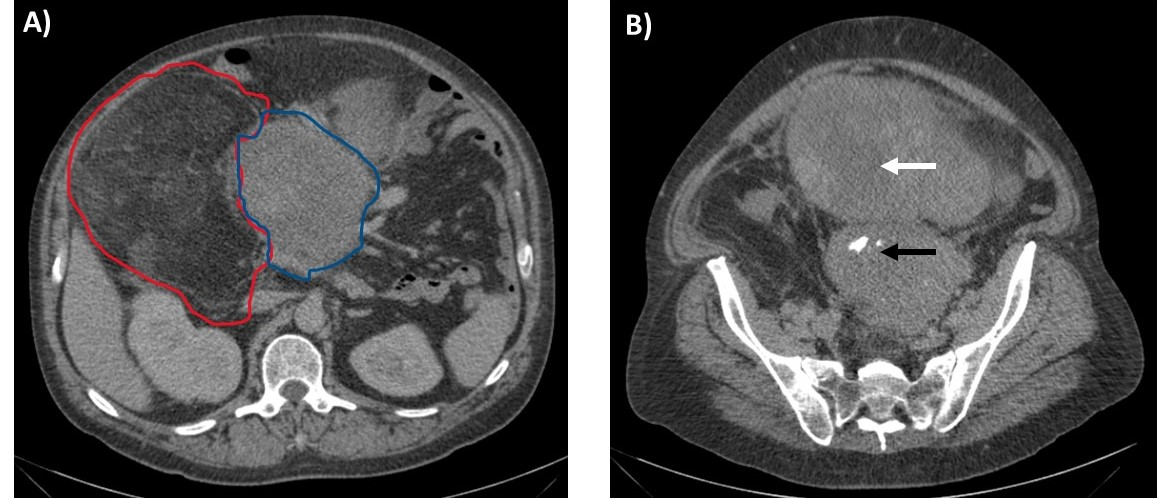
- Limb-sparing surgery with radiation for extremity soft tissue sarcoma is not inferior to amputation in outcome of disease-specific mortality.
- Completeness of resection (R0, R1, R2) of retroperitoneal soft tissue sarcoma correlates with patient survival.
- Emerging molecular characterization of subtypes of liposarcoma has provided novel therapeutic targets, such as CDK4 inhibitors.

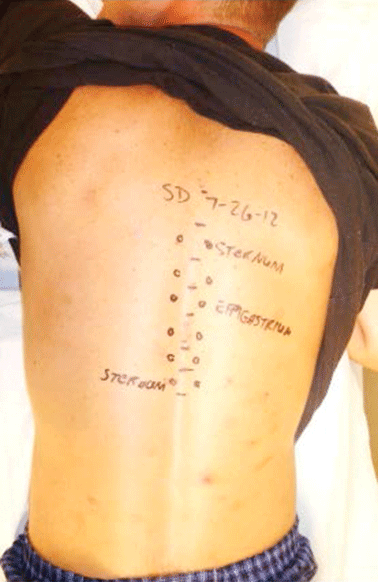
Chronic Pelvic Pain: The Neuropathic Pain Basis
- Provides rapid categorization of the etiology of chronic pelvic pain (CPP) as neurogenic versus nonneurogenic by using an accurate, purposeful physical examination for specific peripheral neuropathies
- Demonstrates the roles of peripheral neuropathies in the etiology of CPP:
- Pudendal neuropathy as the major source
- Multiple smaller peripheral neuropathies as associated causes
- Offers a platform for cooperative patient care among end-organ specialists, neurologists, psychologists, pain clinicians, and interventional radiologists
- Highlights successful, sequential treatments that can be immediately adopted by any physician
- Implies that all clinical research studies of CPP should define whether study participants have a peripheral neuropathic basis for their CPP. To date, this has not been done, limiting the value of published study results.
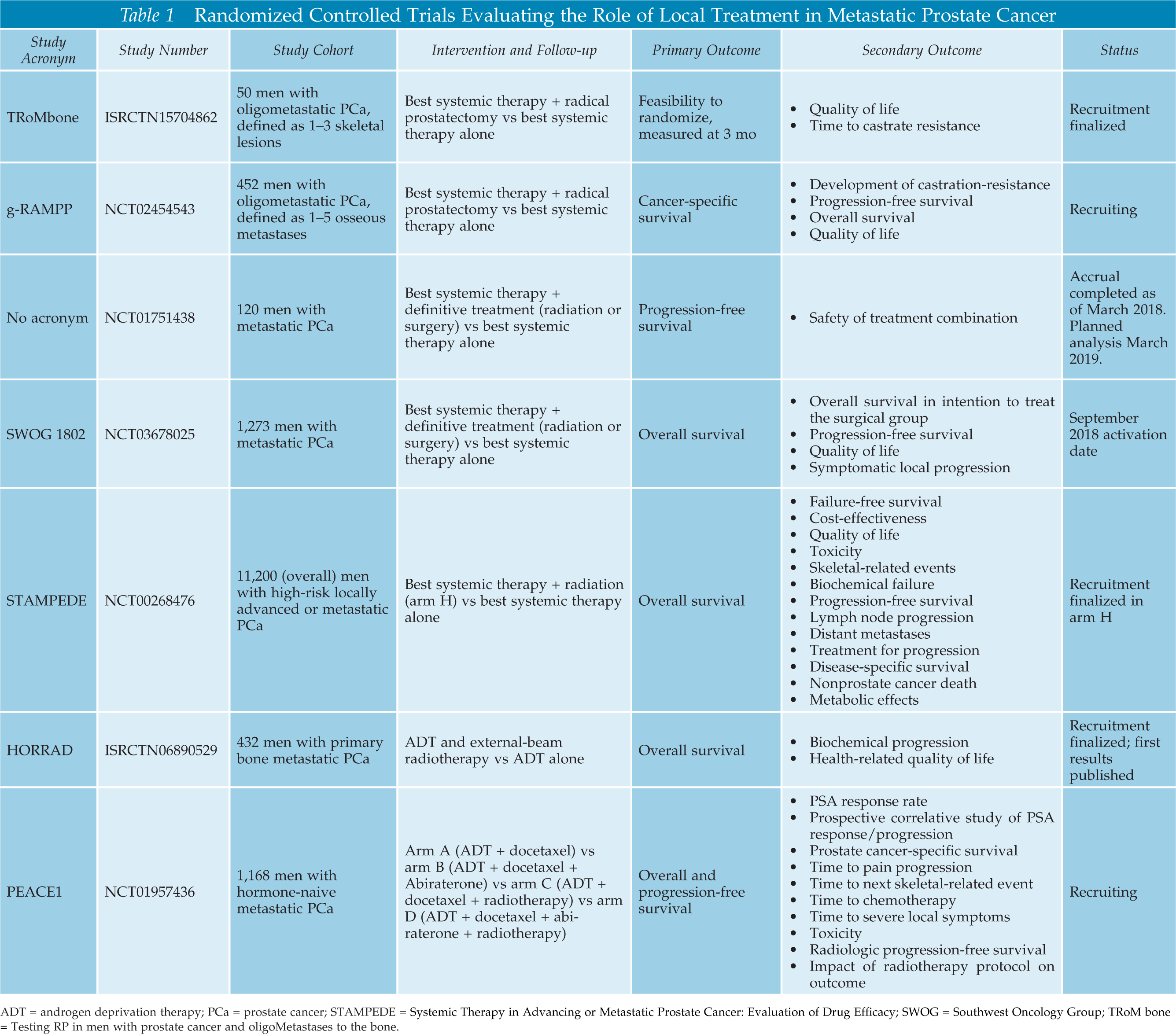
Local Treatment in the Management of Oligometastatic Prostate Cancer
- Retrospective studies report a survival benefit for local treatment in metastatic prostate cancer (mPCa) patients.
- First data from a randomized trial does not show a survival benefit for the addition of external beam radiotherapy to androgen deprivation treatment in mPCa.
- Local tumor treatment in patients with mPCa should only be offered within trials.

